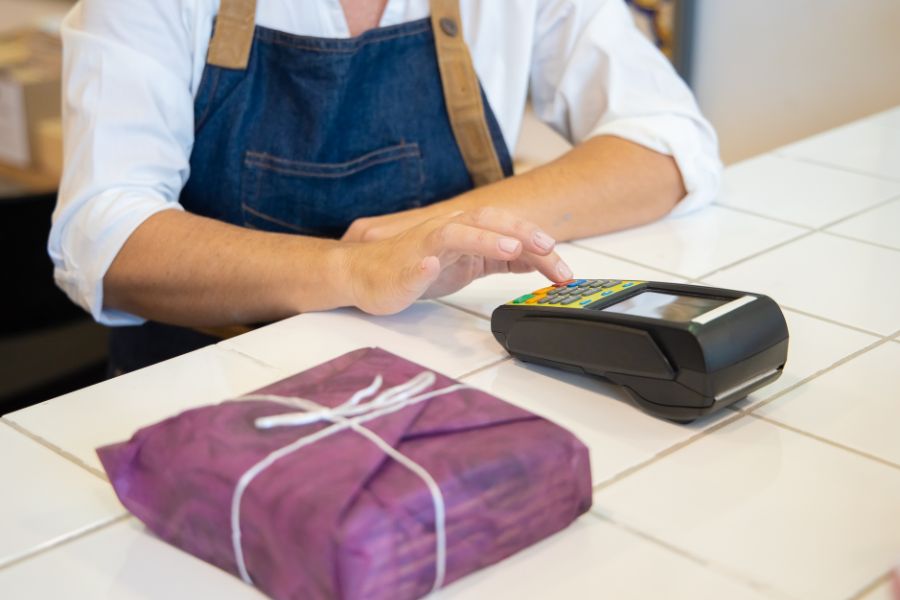In the fast-paced world of retail, staying ahead of the competition requires innovation and efficiency. One technology that has transformed the retail landscape is the point-of-sale (POS) system. The traditional cash register has evolved into a sophisticated platform known as the retail sales POS, empowering businesses with real-time data and customer insights. This article explores the essence of retail sales POS, its evolution from traditional systems, and the critical components that make up modern POS technology.
What is Retail Sales POS?
A retail sales POS is a comprehensive software and hardware solution that enables businesses to process transactions, manage inventory, and gather valuable customer data at the point of sale. It acts as the central hub where sales, inventory, and customer information converge, facilitating smooth operations and informed decision-making. From small boutiques to large retail chains, the adoption of modern POS systems has become indispensable to success.
Traditional POS Technology
Before the advent of modern POS technology, retailers primarily relied on cash registers to process transactions. These manual systems were limited in their functionalities, with transaction records being the primary output. The lack of real-time data made it challenging for businesses to monitor inventory levels and make timely decisions.
In the late 20th century, traditional POS systems emerged, incorporating barcode scanners and inventory management features. While they represented a significant advancement, they still had limitations in terms of data analytics and customer insights.
Critical Components of the Modern Retail Sales POS
The global retail POS system market was valued at USD 16.2 billion in 2022 and is projected to reach USD 34.6 billion by 2030, with a CAGR (compound annual growth rate) of 13.50% during the forecast period. The growth is driven by the increasing adoption of data-driven decision-making, omnichannel retailing, and real-time inventory management in modern POS systems. These advancements bridge the gap between online and offline shopping, offering personalized experiences and optimizing inventory levels for retailers.
Customer Purchase History, Online Browsing, and Cart-Abandon Data
A key advantage of modern retail sales POS is the ability to gather and analyze comprehensive customer data. By integrating with online platforms and customer relationship management (CRM) software, these POS systems can track individual purchase histories, online browsing behavior, and even cart-abandon data. This wealth of information allows retailers to personalize marketing efforts, offer tailored promotions, and enhance customer loyalty.
MetadataReal-time Inventory Data
As reported by CNBC, retailers face a staggering cost of $1.75 trillion annually due to out-of-stocks, overstock, and returns. Unfortunately, this financial burden is on the rise, posing significant challenges to the retail industry. Effective inventory management is crucial for any retail business.
Traditional POS systems often struggled with providing up-to-date inventory information, leading to overstocking or stockouts. Modern retail sales POS tackles this challenge by offering comprehensive inventory management with real-time inventory data. With every sale, the system automatically updates stock levels, giving retailers accurate insights into their inventory status. This real-time visibility enables businesses to optimize stock levels, streamline supply chains, and reduce carrying costs.
Intelligent Order Routing
In today’s omnichannel retail environment, customers expect a seamless shopping experience whether they buy in-store, online, or through mobile devices. Modern POS employs intelligent order routing, which enables retailers to fulfill customer orders efficiently from the most suitable location. This could be a nearby physical store, a central warehouse, or even a drop-shipping partner. By optimizing order routing, businesses can offer faster delivery times and minimize shipping costs.
Conclusion
The evolution of retail sales POS has revolutionized the way businesses operate in the modern world. With critical components like customer data analytics, real-time inventory management, and intelligent order routing, businesses can unlock the full potential of their operations and enhance customer experiences. As technology continues to advance, embracing modern POS systems will remain a key driver of success in the fiercely competitive retail landscape. If you want to know more about this information, feel free to contact us.
ConnectPOS is a all-in-one point of sale solution tailored to meet your eCommerce POS needs, streamline business operations, boost sales, and enhance customer experience in diverse industries. We offer custom POS with features, pricing, and plans to suit your unique business requirements.




